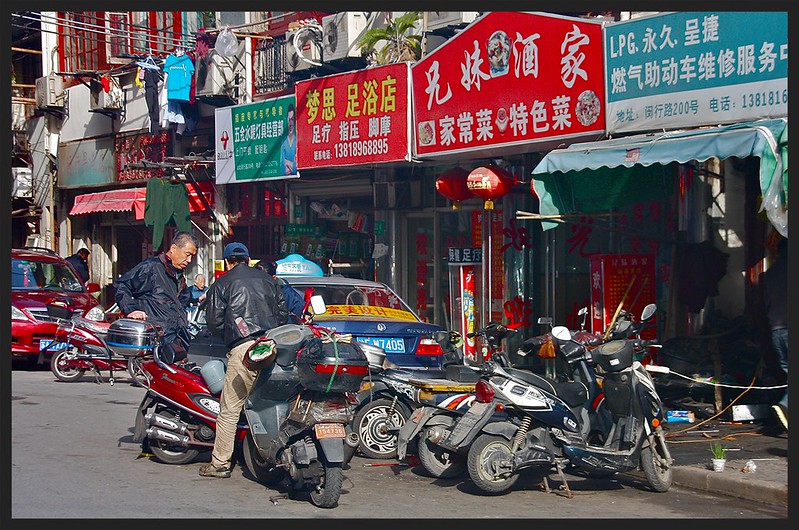Any company or individual who is interested in selling their products into China should always have a China Sales Strategy in place. Having a proper and well-defined strategy will save your company time and money.
For successful strategies, the first stage is to research the market in China. It is essential to ensure that your research provides you with answers to the following key questions:
- What products will be of interest to buyers in China?
- How will the products be distributed and sold in China?
- Where in China will buyers be able to purchase the products?
- How much will buyers in China pay for the product?
It is vital to have these four questions answered. Even though they appear straightforward questions, they cover a range of areas including as Prohibited Products, International Logistics, Government Regulations and Import Duties.
Traditionally most firms would launch into Hong Kong, which is a different jurisdiction to the rest of China, and then work their way into neighbouring Guangzhou and from there move into Shanghai and Beijing.
Most people forget that China is a vast country with a population. Its middle class will soon reach 550 million people; This means that the size of the middle class in China is larger than the entire combined population of Canada, USA, Mexico and the UK!
China ranks its cities in tiers with Tier 1 cities representing the most developed, densely populated urban areas with substantial economic, cultural and political influence. There are 19 Tier 1 cities in China.
| City | Population | City | Population | |||
| 1 | Shanghai | 24,183,300 | 11 | Nanjing | 6,426,800 | |
| 2 | Beijing | 18,766,000 | 12 | Zhengzhou | 6,378,200 | |
| 3 | Shenzhen | 12,528,300 | 13 | Hangzhou | 6,370,700 | |
| 4 | Guangzhou | 11,849,900 | 14 | Changsha | 5,320,300 | |
| 5 | Wuhan | 8,684,800 | 15 | Shenyang | 5,119,100 | |
| 6 | Chongqing | 8,650,600 | 16 | Xi’an | 4,938,600 | |
| 7 | Tianjin | 8,469,000 | 17 | Harbin | 4,925,700 | |
| 8 | Chengdu | 7,667,200 | 18 | Qingdao | 4,458,300 | |
| 9 | Hong Kong | 7,448,900 | 19 | Changchun | 4,041,200 | |
| 10 | Dongguan | 6,499,000 | 20 | Jinan | 4,040,000 |
Most companies only focus in on Beijing, Shanghai & Guangzhou. However, with this strategy, they are ignoring 68% of the rest of the Tier 1 market or put another way ignoring a market of over 111 million people!
Your China Sales Strategy should include a process for identifying and selecting suitable Tier 1 cities. It should also include a method for expansion and development into other cities in China. Some items which your strategy should consider:
- Transport
A key element needed to decide which of these cities are the most suitable for your products is transport. Many foreign firms who export live seafood to China are limited to the cities they can fly their products into and have their products quickly cleared by customs in China.
Many firms are who are seeking to operate an online store in China should also factor in the added cost and delivery times needed to send the product to the customer.
- Online Presence
Search engines in China operate on a region by region basis. Most buyers in China use search engines such as Baidu to research products and get customer feedback. If your company is setting up an online store in China or trying to build a user following in China, it should consider what region in China it wants to focus online sales growth and then have its website hosted on a server in that region.
- Exclusivity Agreements
Many importers in China will try to get a China-wide exclusivity agreement from the foreign company which they are sourcing the products.
Foreign companies should avoid issuing out national exclusivities to companies. If your companies China sales strategy does include the use of exclusivities, then the exclusivities should be regional. The sales strategy should also include a method for assessing regions, and the minimum sales target levels each agreement hold must achieve to maintain that exclusivity.
Conclusion
There are many opportunities to develop sales in China. TCI China offers companies seeking to generate sales in China a wide range of services, including China Market Entry Consulting and China Market Research and China Outsourced Support Services.
Ecommerce sales have begun to make it easier for foreign companies to try and generate sales into China. If you are interested in learning more about eCommerce, please visit our Ecommerce Consulting page.


